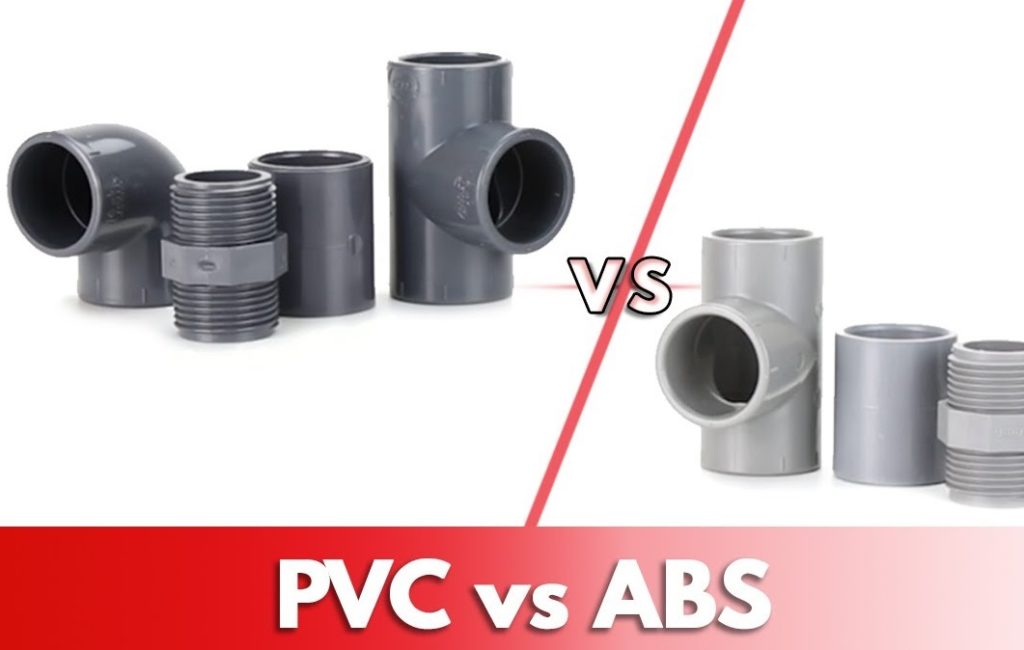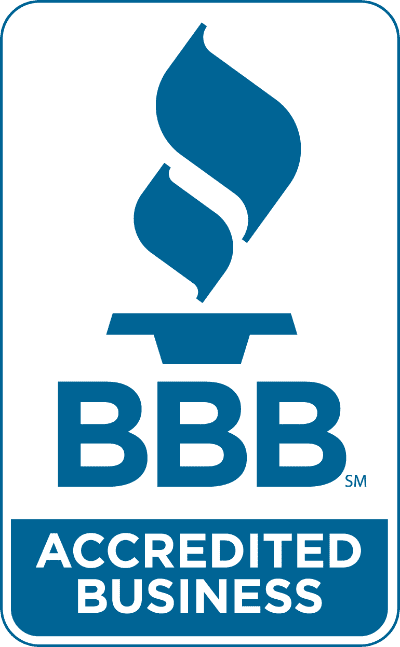Plastic pipes are used for plumbing projects for a variety of reasons by both homeowners and experts. Plastic pipes are inexpensive, portable, and corrosive-free. They do a fantastic job of keeping the water at the right temperature and, unlike many metal pipes, they don’t collect condensation from cold water. But not all plastic pipes are created equal. The two most prevalent materials for pipe used in plumbing systems are polyvinyl chloride (PVC) and acrylonitrile butadiene styrene (ABS). Understanding the differences between these pipes is crucial before carrying out any plumbing tasks.
However, you can always seek expert aid if you are confused or finding DIY projects difficult.
If you’re looking for the best company for faucet repair Cambridge, choose Eco Pro Plumbing. They offer the ideal toilet repair plumber. By offering specialized services, they are the best plumbing company that you can rely on. Visit their website to get your free quote today.
Uses for PVC and ABS Pipes
In order to make the best decision, it is important to grasp the differences between PVC and ABS pipes, which are both useful for residential and commercial plumbing. ABS pipe is best suited for usage underground, where temperatures are low and there isn’t much direct sunlight. PVC, on the other hand, is soundproof and works well for indoor plumbing.
PVC joints must first be sprayed with purple primer before the adhesive can take hold, which makes PVC pipes more difficult to install than ABS pipes. ABS piping is an affordable solution for both industrial and domestic uses. It won’t slough off, flake, or leak (unless punctured).
To repair ABS and create a strong connection, you’ll need an adhesive glue that chemically melts into the existing ABS plastic. If you find any leaks, get in touch with Eco Pro Plumbing for the best 24 hour plumber in Cambridge and request a free quote right now.
Difference between ABS and PVC pipes
The main distinction between ABS and PVC pipes is that the former contains bisphenol A, also known as BPA, while the latter does not. Because it creates sturdy pipes, BPA is a common ingredient in numerous plastics and resins.
While ABS is more robust and has a greater ability to tolerate great shock or impact, PVC pipe is more flexible. PVC additionally has the benefit of muted sound transmission when water travels through the pipework. Both pipe types are reasonably priced and resistant to chemical and water damage.
ABS pipe connections must be formed with specific cement, whereas PVC connections must first be primed before being cemented. ABS pipe connections must be made in one step, but PVC connections must be made in two steps.
How Do You Join PVC and ABS Pipes?
It is crucial to check local laws before attempting this because many plumbing codes forbid joining ABS to PVC. If there are no restrictions in your location, you can join ABS and PVC pipes using fittings rather than glue. Neither cement nor adhesive can hold an ABS pipe to a PVC pipe. The connection should be protected with a metal jacket and rubber sleeve. The pipes are joined by slipping the sleeve over their ends. A metal sleeve is used to anchor the rubber sleeve. Be certain you use a plastic-to-plastic connection.
About Eco Pro Plumbing
Licensed and insured completely, Eco Pro Plumbing and Drains provides a variety of high-quality plumbing services at competitive price; all thanks to their staff of highly skilled professional plumbers. The have more than two generations of experience in the plumbing and mechanical industries.
As a crucial component of your house or place of business, plumbing and drains, they place the utmost importance on their customers’ experience and the quality of our work.
In addition to repairs, restorations, and maintenance work for businesses and industries, Eco Pro Plumbing also specializes in residential and high-rise service work.





